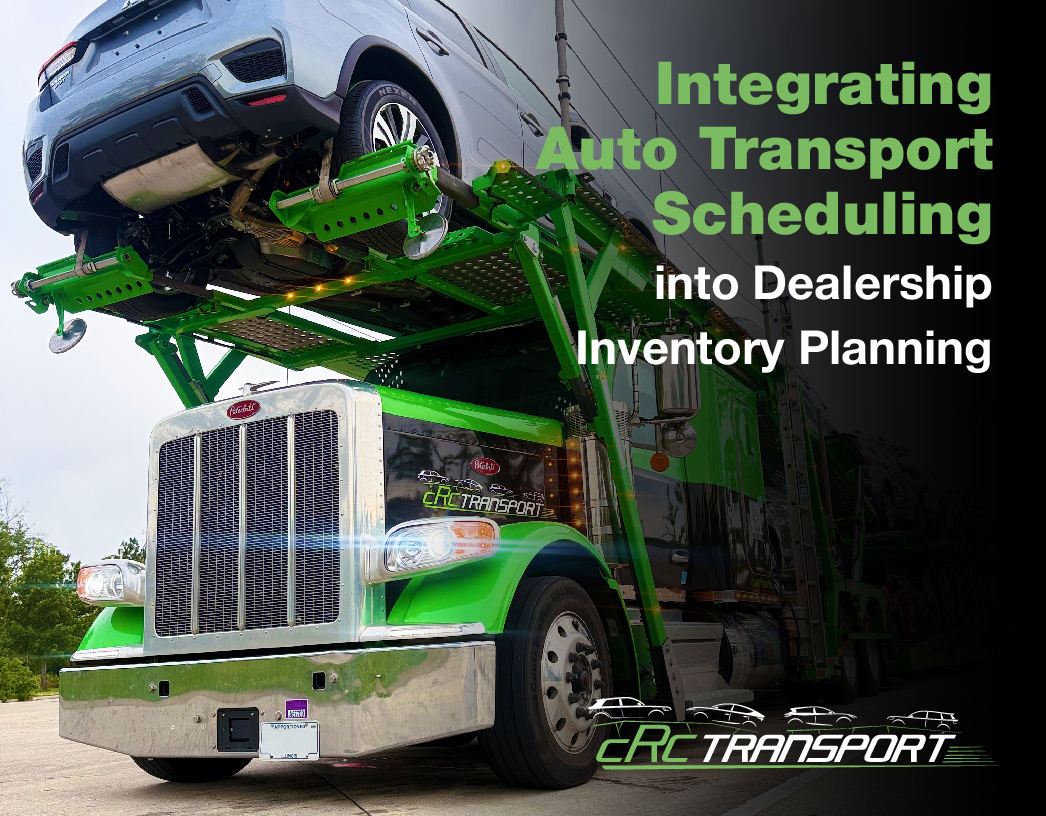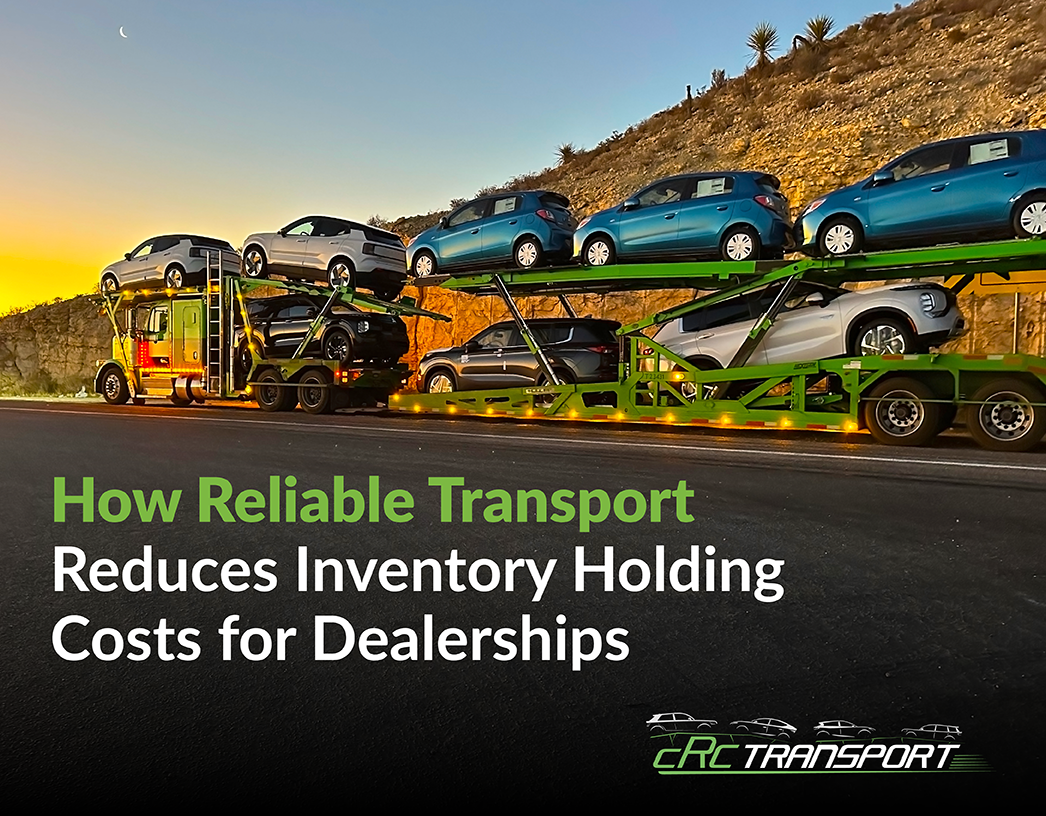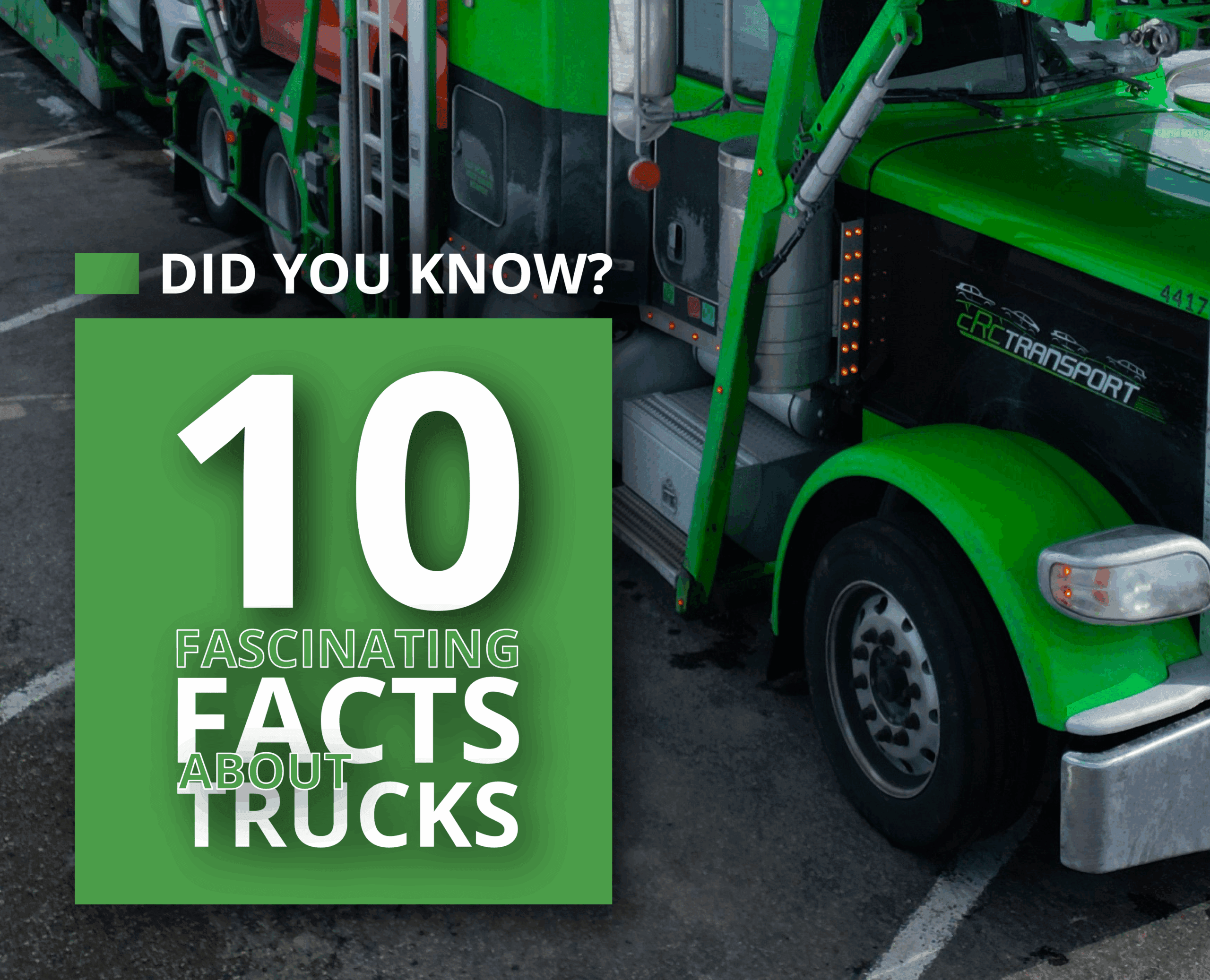Integrating Auto Transport Scheduling into Dealership Inventory Planning

In today’s competitive automotive market, efficient inventory management is crucial for dealership success. One often overlooked aspect is the integration of auto transport scheduling into inventory planning. By aligning these two components, dealerships can ensure timely vehicle availability, reduce holding costs, and enhance customer satisfaction.
The Importance of Integrated Scheduling
Traditional inventory planning often treats vehicle transportation as a separate process, leading to delays and inefficiencies. By integrating auto transport scheduling, dealerships can:
- Enhance Forecast Accuracy: Aligning transport schedules with sales forecasts ensures vehicles arrive when needed.
- Reduce Holding Costs: Minimizing the time vehicles spend in transit or storage reduces associated expenses.
- Improve Customer Satisfaction: Timely vehicle availability meets customer expectations and enhances dealership reputation.
Strategies for Effective Integration
1. Utilize Advanced Planning Tools
Implementing software solutions that offer real-time tracking and scheduling can streamline operations. These tools provide visibility into the transportation process, allowing for proactive adjustments.
2. Establish Strong Relationships with Transport Providers
Partnering with reliable vehicle shipping companies ensures consistent service quality. Regular communication and feedback loops can further enhance this relationship.
3. Prioritize Flexible Shipping Options
Offering various shipping methods, such as open transport car shipping or door to door car shipping, provides flexibility to meet diverse customer needs. This adaptability can be a competitive advantage.
4. Monitor Market Trends
Staying informed about industry trends, such as increased demand for classic car shipping, allows dealerships to adjust their inventory and transportation strategies accordingly.
Benefits of Integration
By integrating auto transport scheduling into inventory planning, dealerships can:
- Optimize Inventory Turnover: Efficient scheduling reduces idle inventory time, enhancing turnover rates.
- Enhance Profit Margins: Lower holding costs and improved sales cycles contribute to better profitability.
- Strengthen Market Position: Reliable delivery schedules and inventory availability can differentiate a dealership in a crowded market.
Conclusion
Integrating auto transport scheduling into dealership inventory planning is no longer optional it’s essential. By adopting advanced tools, fostering strong partnerships, and staying attuned to market demands, dealerships can enhance operational efficiency and deliver superior customer experiences.
Reliable Experts in Automotive Transportation





